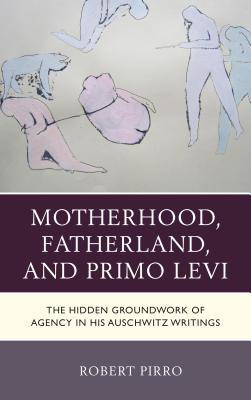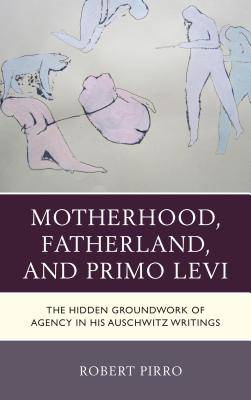
- Afhalen na 1 uur in een winkel met voorraad
- Gratis thuislevering in België vanaf € 30
- Ruim aanbod met 7 miljoen producten
- Afhalen na 1 uur in een winkel met voorraad
- Gratis thuislevering in België vanaf € 30
- Ruim aanbod met 7 miljoen producten
Zoeken
Motherhood, Fatherland, and Primo Levi
The Hidden Groundwork of Agency in His Auschwitz Writings
Robert Pirro
€ 195,45
+ 390 punten
Uitvoering
Omschrijving
The book is an against-the-grain study of Primo Levi's lifelong concerns about agency, both personal and political. It moves from fresh readings of his lesser-known short story and novels to a major reinterpretation of the testimonial works at the center of his legacy.
Specificaties
Betrokkenen
- Auteur(s):
- Uitgeverij:
Inhoud
- Aantal bladzijden:
- 172
- Taal:
- Engels
- Reeks:
Eigenschappen
- Productcode (EAN):
- 9781683930853
- Verschijningsdatum:
- 5/09/2017
- Uitvoering:
- Hardcover
- Formaat:
- Genaaid
- Afmetingen:
- 160 mm x 236 mm
- Gewicht:
- 408 g

Alleen bij Standaard Boekhandel
+ 390 punten op je klantenkaart van Standaard Boekhandel
Beoordelingen
We publiceren alleen reviews die voldoen aan de voorwaarden voor reviews. Bekijk onze voorwaarden voor reviews.







